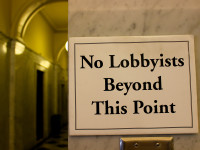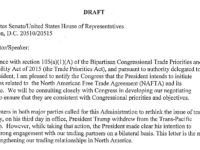The Australian copyright community has been shocked by a scandal involving the Copyright Agency, a copyright collective that diverted millions of dollars intended for authors toward a lobbying and advocacy fund designed to fight against potential fair use reforms. The collective reportedly withheld A$15 million in royalties from authors in order to build a war chest to fight against changes to the Australian copyright law. I wrote last month about my experience in Australia, where groups such as the Copyright Agency have engaged in a remarkable effort to mislead policy makers on the state of copyright law in Canada. A former director of the Copyright Agency describes the latest situation as “pathetic” noting that it was outrageous to extract millions from publicly-funded schools for a lobbying fund.
The Australian case is far from an isolated incident. A quick search reveals plenty of examples of legal concerns involving copyright collectives with corruption fears in Kenya and competition law concerns in Italy over the past couple of months as well as recent fines against Spanish collecting societies. In fact, Jonathan Band and Brandon Butler published an eye-opening article several years ago chronicling an astonishing array of examples of corruption, mismanagement, lack of transparency, and negative effects for both creators and users from copyright collectives around the world.












